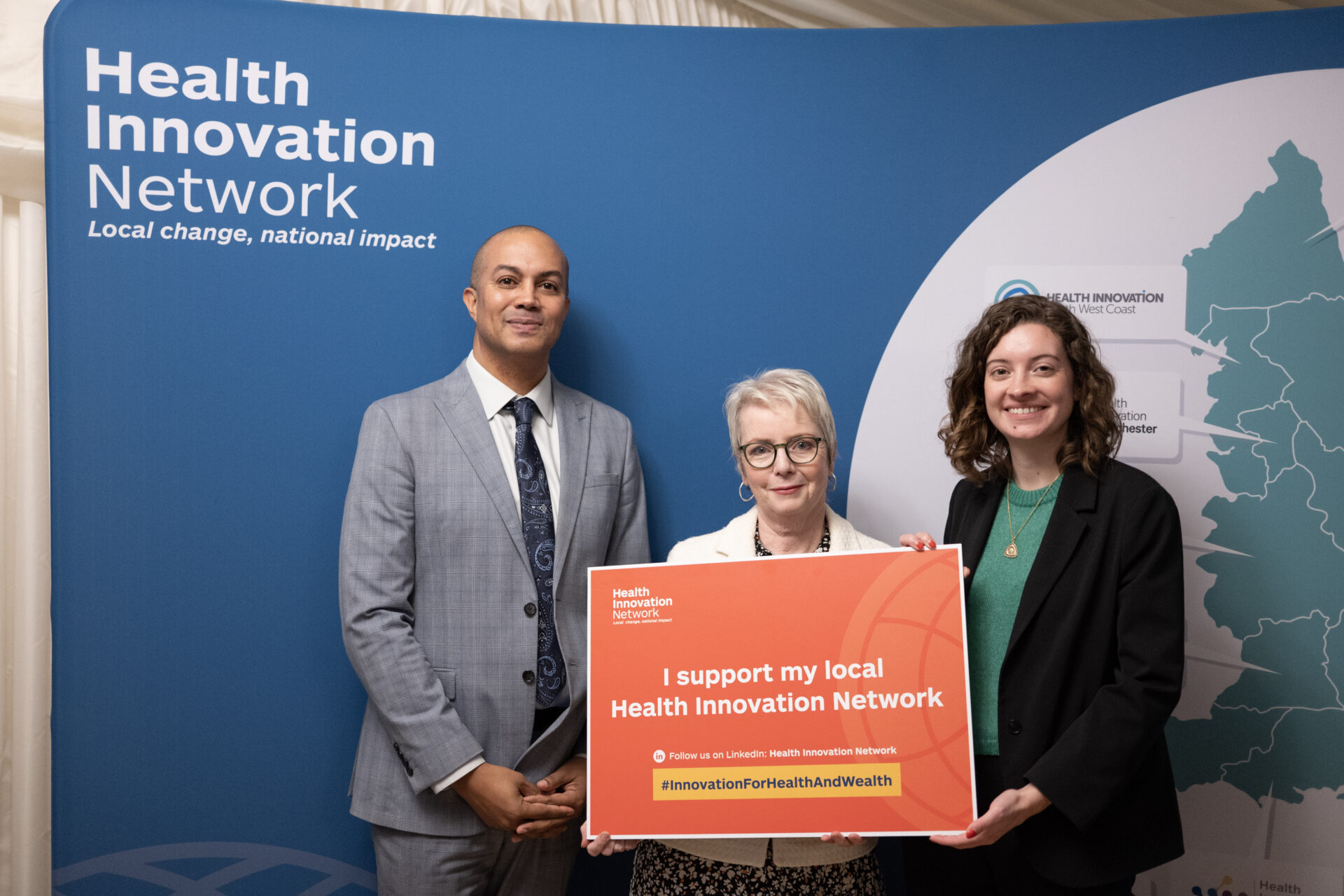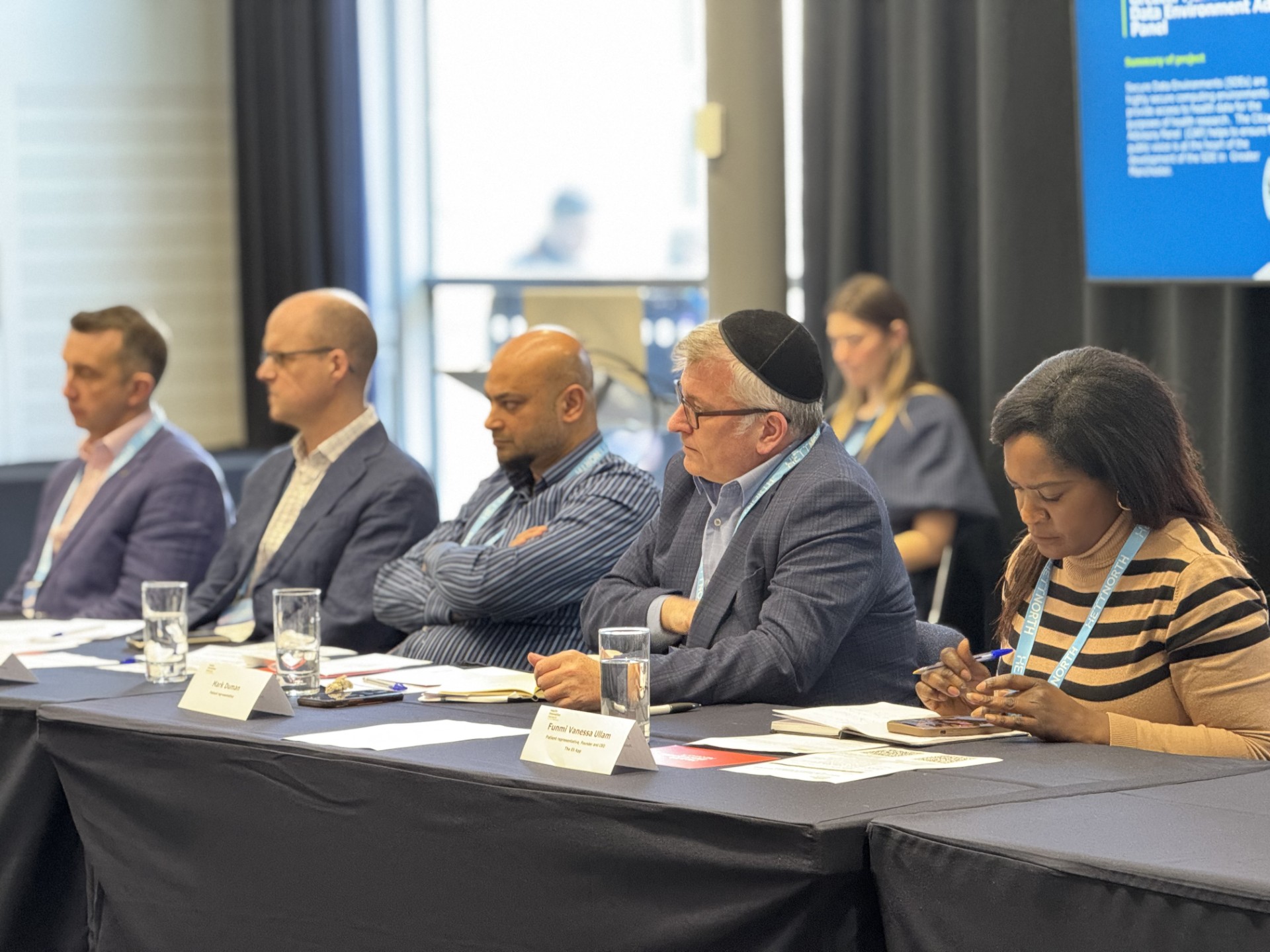Four AHSNs have been awarded funding by the government to help tackle fatal drug deaths across the UK.
As part of the Reducing Drug Deaths Innovation Challenge, which aims to reduce drug-related deaths across the UK, the Office for Life Sciences is investing £5 million in 12 promising projects.
The four projects that the AHSNs are involved in each look to support people at risk of drug deaths through an opioid overdose.
Health Innovation Network, the AHSN for South London has been awarded a portion of the funding to support its work on a feasibility project to examine a proposed ultra-portable fast-dispersal naloxone tablet (an opioid overdose antidote), so that it is always present with an individual called to an overdose emergency.
The project is a collaboration between the AHSN, King’s College London, Catalent, Accord Health, Scottish Drug Forum, Scottish Families affected by Alcohol and Drugs and DrugFAM.
Kent Surrey Sussex AHSN is also supporting people with opiate overdose using naloxone through the Vivisco Smart Revive Beacon for Opiate Overdose collaboration. The collaboration will co-design and prototype an automatic alert system to contact emergency services with GPS location and type of antidote used, which is triggered when a naloxone package is opened.
The AHSN will work in partnership with Vivisco, Forward Trust, Kent County Council and the Southeast Coast Ambulance Service NHS Foundation Trust.
Wessex AHSN is part of a ‘In Time Naloxone’ collaboration that aims to develop an effective emergency response for the distribution of naloxone by drone to prevent opioid overdoses becoming fatal.
The AHSN will work in partnership with the National Programme on Substance Abuse Deaths, HeroTech8, Midlands Partnership University NHS Foundation Trust and the University of Southampton.
West Midlands AHSN is part of a Co-Evaluation Study of Overdose Detection and Response Wristband Technology. The wristband will detect absence in user movements and alert the individual or surrounding people for intervention.
The AHSN will work alongside Midlands Partnership NHS Foundation Trust, Brave, Keele University and Two Saints Housing Association.
Gary Ford Chair of the AHSN Network and CEO of Oxford AHSN said: “Inappropriate opioid use has a devastating impact on people’s health and on their families. Every year over 4,000 people in the UK die from an avoidable drug overdose.
“The AHSN Network is committed in supporting the government address healthcare challenges including its addiction mission, and we’re proud that four AHSNs have been awarded funding as part of regional collaborations.”
Find out more about the Reducing Drug Deaths Innovation Challenge.

The Health Innovation Network is delighted to announce the launch of Innovation Insights, a brand-new webinar series designed to highlight the latest in health innovation, offering attendees valuable insights into the adoption and spread of innovation within the health and care landscape. Each interactive webinar will feature: Expert presentations: Delivered by thought leaders across [...]

The Health Innovation Network, at an event sponsored by Sarah Coombes MP, brought together parliamentarians including Health Minister Karin Smyth MP and Chair of the Science, Innovation and Technology Committee, Chi Onwurah MP to meet with six innovators supported by health innovation networks across the country and their NHS partners. At the Meet the Innovators: [...]

The need for fast-paced innovation in healthcare is widely acknowledged. And ensuring that healthcare innovation is shaped by the people it serves remains a pressing priority – one made all the more evident by the growing emphasis on health equity in the 10 Year Health Plan. Patient voices are often cited as central to healthcare [...]






